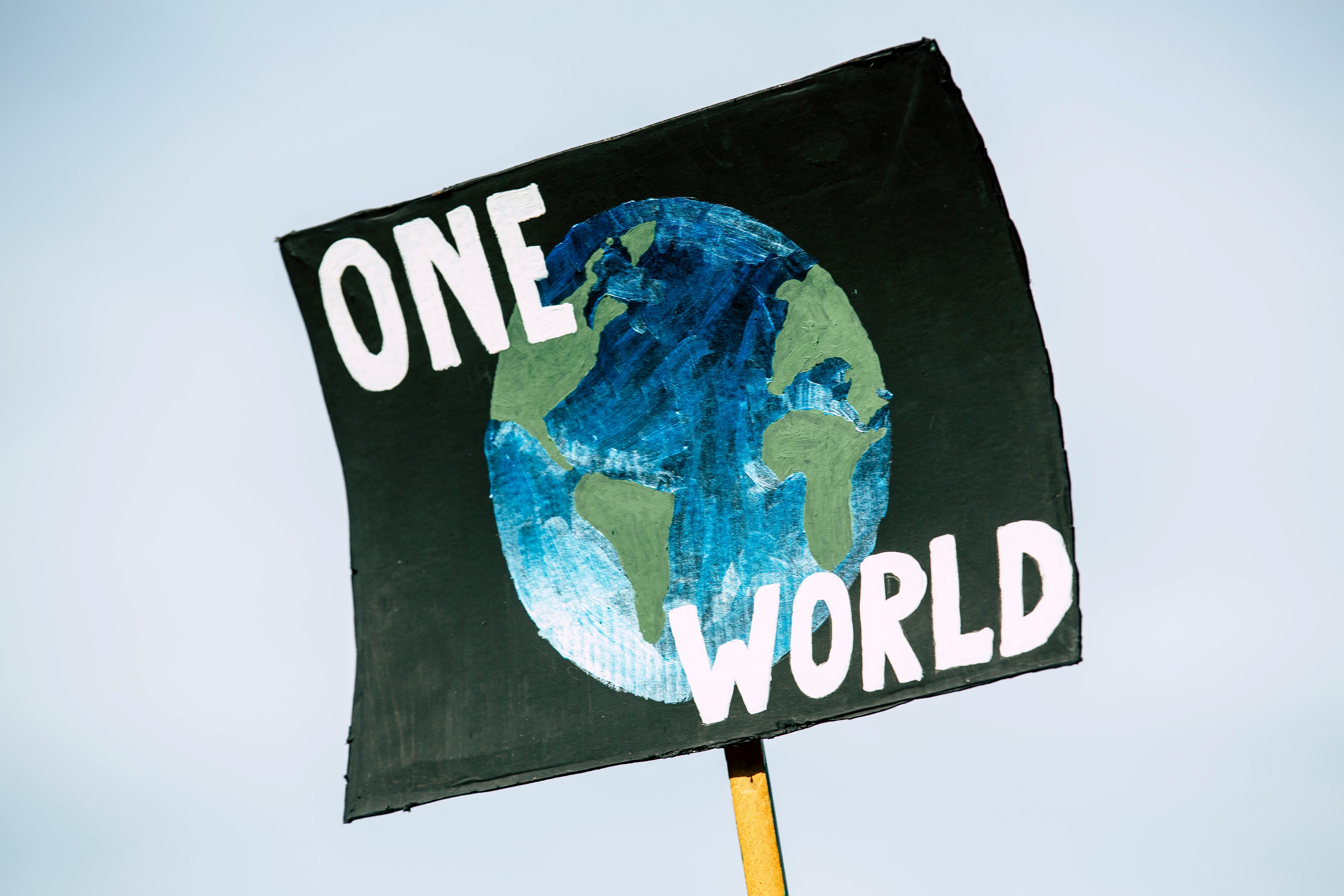Oracle Share Price Analysis: Bearish Phase, Valuation Signals and Bullish Reversal Outlook
$154.97
04 Feb 2026, 11:45

Pexels.com

The COP29 UN climate summit arrives during a record-breaking year for global temperatures, underscoring the urgency of the climate crisis. Scientists warn that global warming and its impacts may be accelerating even faster than previously predicted. In this article, we’ll explore recent findings on climate change and their potential long-term impacts.
Has Earth Already Surpassed the 1.5°C Limit?
The critical 1.5°C threshold, identified by the 2015 Paris Agreement as the limit to avoid the worst climate impacts, may already have been breached. A recent study, examining 2,000 years of atmospheric gases in Antarctic ice cores, suggests that Earth may now be at or near this threshold. Traditional climate data compares current temperatures to those from 1850–1900, placing today’s warming at about 1.3°C. However, if scientists use data extending from the year 13 to 1700, the evidence points to a possible breach of the 1.5°C threshold.
Whatever the baseline, 2024 is expected to become the hottest year on record. If the world has indeed crossed 1.5°C, the consequences could be irreversible, with rapid shifts in ecosystems and weather patterns expected globally.
Supercharged Hurricanes on the Rise
Climate change is fuelling powerful storms, with warmer oceans driving stronger Atlantic hurricanes that intensify at unprecedented rates. Evidence shows that oceans worldwide are affected, with hurricanes gaining strength and speed at alarming rates. For instance, Hurricane Milton rapidly transformed from a tropical storm to a Category 3 hurricane within a day in the Gulf of Mexico before impacting Florida’s coastline. The effects of these hurricanes are far-reaching, as rising temperatures enable storms to hold and release greater amounts of rain, leading to floods even in inland areas like North Carolina.
Wildfire-Related Deaths and Rising Fire Risks
Global warming has contributed to drying rivers, draining forest moisture, and creating conditions ripe for wildfires. Regions from the American West to Siberia have experienced increasingly intense fires, releasing toxic smoke into the air. Recent research estimates that around 13% of deaths linked to wildfire smoke in the 2010s—approximately 12,000 fatalities—are attributable to climate-induced wildfire activity.
Coral Reefs Facing an Uncertain Future
The world’s coral reefs are currently undergoing a fourth mass bleaching event, the largest in history. These bleaching events occur when corals expel the symbiotic algae living in their tissues, often due to rising sea temperatures. Without the algae, corals lose their colour and their ability to survive long-term. Researchers are monitoring bleached reefs from Australia to Brazil, hoping that cooler temperatures might eventually allow recovery. However, if temperatures continue to rise, many of the world’s reefs could face permanent damage.
The Amazon Under Severe Threat
Brazil’s Amazon rainforest is experiencing its most extensive drought since records began in 1950, with river levels plummeting and fires raging. Scientists predict that by 2050, climate change may expose between 10% and 47% of the Amazon to intensified heat and drought. If these conditions push the Amazon beyond a critical tipping point, it may be unable to maintain its moist ecosystem. This could lead to a devastating transformation, with parts of the rainforest transitioning into degraded forests or even savanna-like regions. The implications are global, as tropical forests play a crucial role in absorbing carbon dioxide. Already, studies show that global forests absorbed less CO2 in 2023 than in previous years, primarily due to Amazon droughts and Canadian wildfires.
Volcanic Eruptions Potentially Increasing Due to Climate Change
A surprising and concerning discovery is that climate change may contribute to increased volcanic activity, particularly in areas like Iceland, where retreating glaciers are reducing pressure on the Earth’s crust. As ice melts, the decreased weight on magma chambers beneath can potentially destabilize them, leading to more eruptions. Worldwide, some 245 volcanoes lie beneath or near ice sheets, making them vulnerable to similar effects.
The Slowdown of a Crucial Ocean Current
The Atlantic Meridional Overturning Circulation (AMOC), a critical system that brings warm tropical waters to the North Atlantic, appears to be slowing down. Research shows that the AMOC has weakened by approximately 15% since the 1950s. A recent study suggests that it may be nearing a tipping point, where it could slow down drastically or even collapse. This would have profound impacts on global climate, particularly in Europe, which has long benefited from milder winters due to the AMOC’s warming effect.
Closing Thoughts: Implications for Global Commodity Markets
The latest climate research is a stark reminder of the vast and interconnected impacts of a warming planet. As extreme weather events, from hurricanes to wildfires, become more common, they can disrupt agricultural production, strain energy resources, and destabilise supply chains. For example, extended droughts in the Amazon and increased ocean temperatures could affect the availability and prices of essential commodities, such as coffee, soy, and seafood.
The economic repercussions of climate change are no longer a distant concern. The increased frequency of climate-related disruptions will likely drive higher costs and greater market volatility in years to come, necessitating adaptive strategies for both investors and policymakers. In the face of such challenges, COP29 underscores the need for urgent action to mitigate the effects of climate change and secure a more resilient future.
Source: (Investing.com, Reuters)